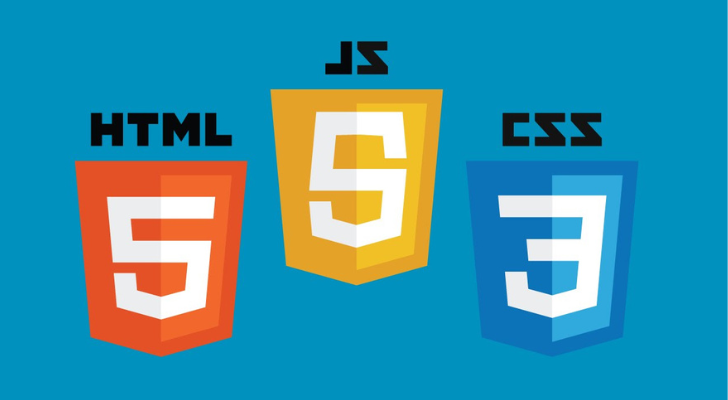HTML CSS Javascript

HTML (Hypertext Markup Language):
HTML serves as the backbone of web development, providing a standardized way to structure content on the internet. Using a combination of tags, HTML defines the various elements on a webpage, such as headings, paragraphs, lists, images, links, and more. The structure created by HTML forms the fundamental framework that browsers interpret and display. It establishes the hierarchy and relationships between different pieces of content, ensuring a logical flow and readability. HTML5, the latest version of HTML, introduces new semantic elements, multimedia support, and improved forms, enhancing the capabilities of web development.
CSS (Cascading Style Sheets):
CSS complements HTML by allowing developers to style and format the elements defined in the HTML markup. Selectors in CSS target specific HTML elements, and properties are used to specify how these elements should look. This includes defining colors, fonts, spacing, layout, and responsiveness. CSS enables the separation of content from presentation, making it easier to update the visual aspects of a website without altering the underlying HTML structure. The concept of "cascading" refers to the hierarchy of styles, where styles can be inherited, overridden, or combined to create a consistent and visually appealing design across the entire website.
JavaScript:
JavaScript is a powerful scripting language that adds dynamic behavior to web pages. As a client-side language, it runs directly in the user's browser, allowing for real-time interaction and responsiveness. JavaScript is commonly used to handle user input, validate forms, create animations, and update the content of a webpage without requiring a full page reload. Additionally, JavaScript enables asynchronous communication with servers through technologies like AJAX, facilitating the retrieval and manipulation of data. Modern JavaScript, supported by frameworks like React, Angular, or Vue.js, empowers developers to build complex and feature-rich web applications.


